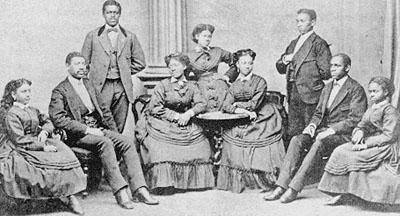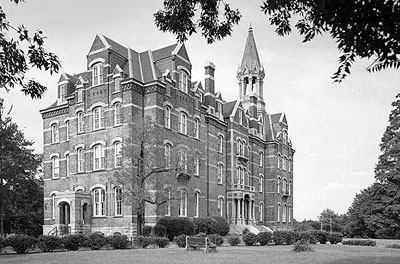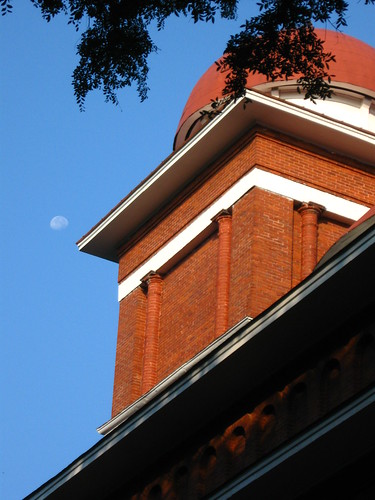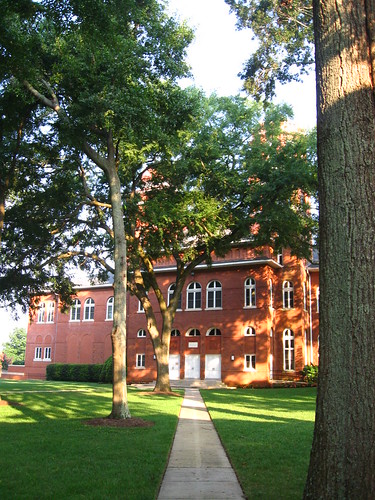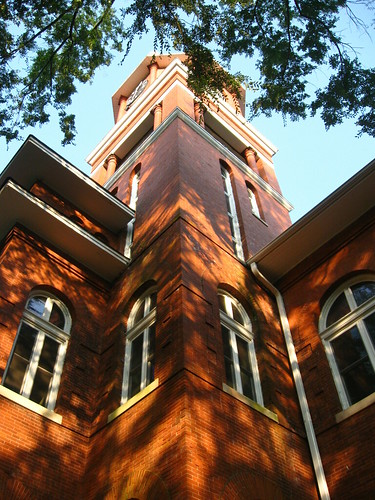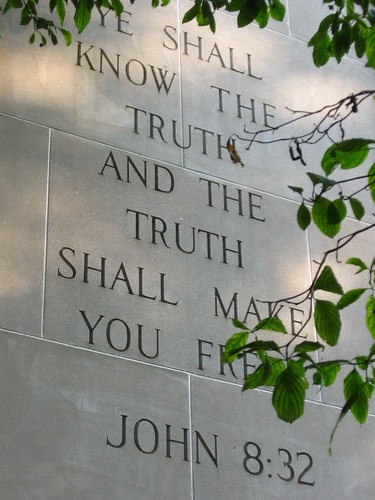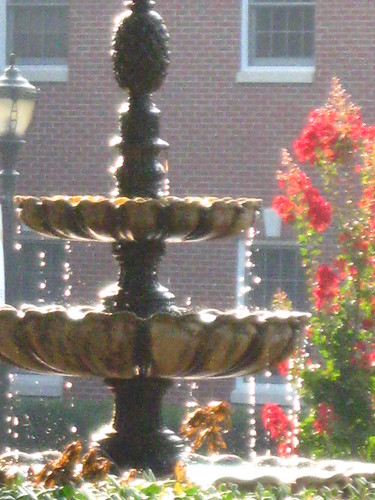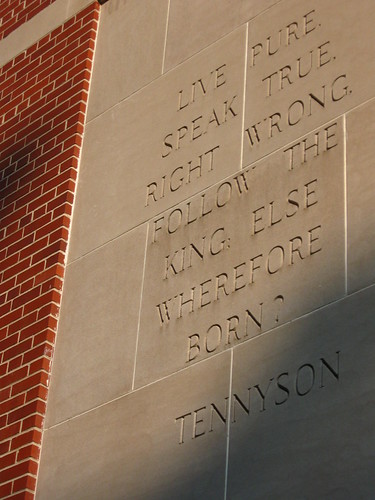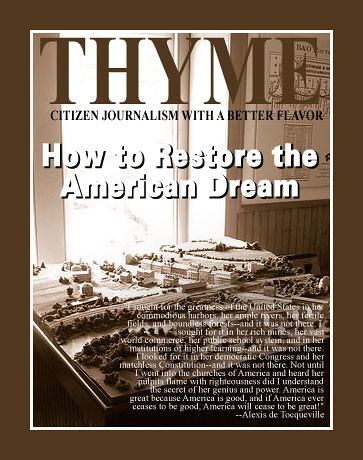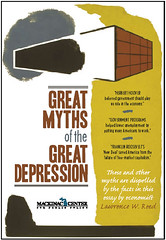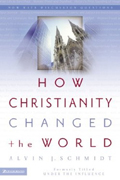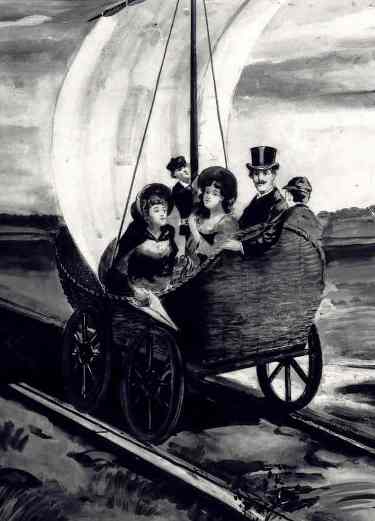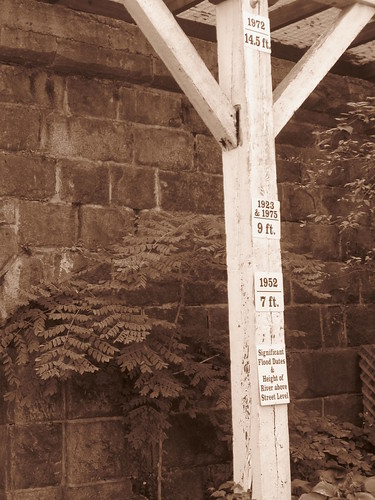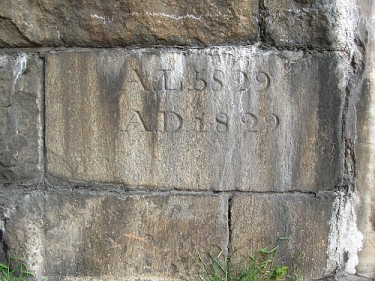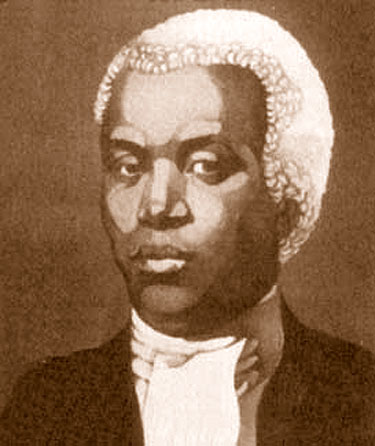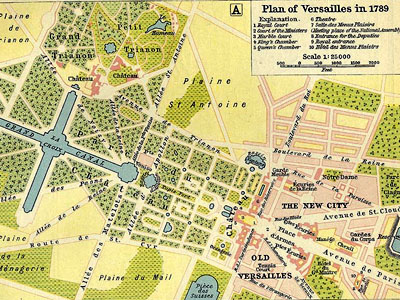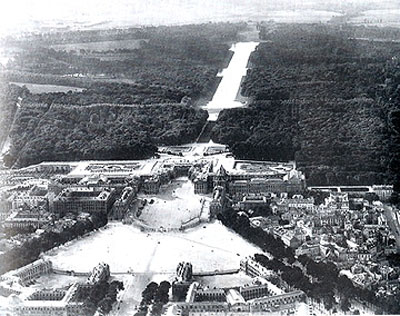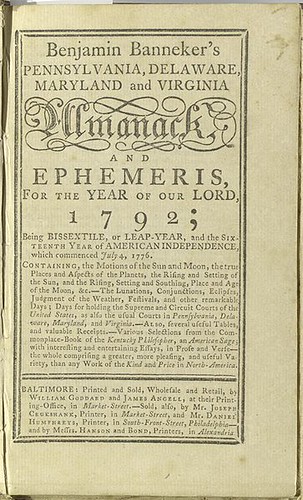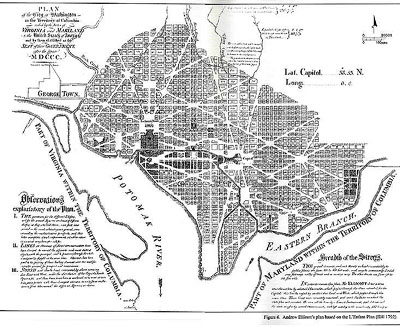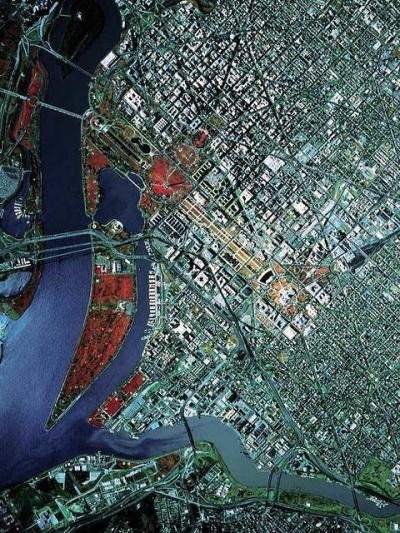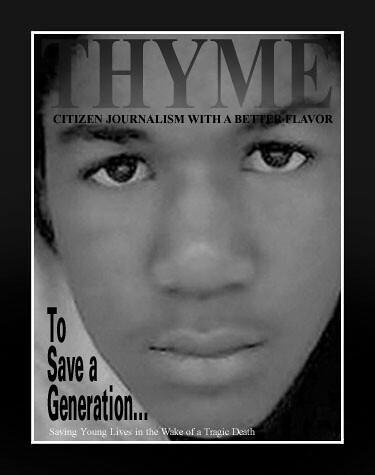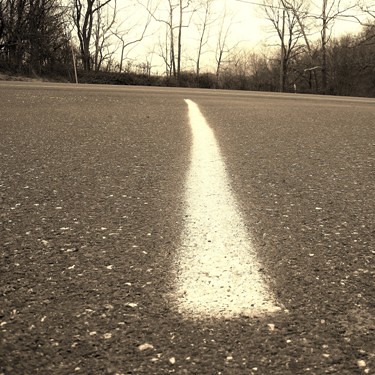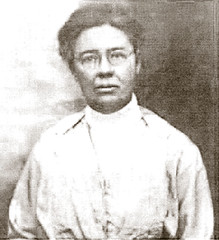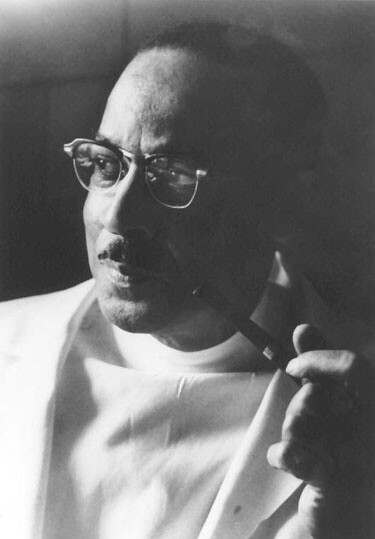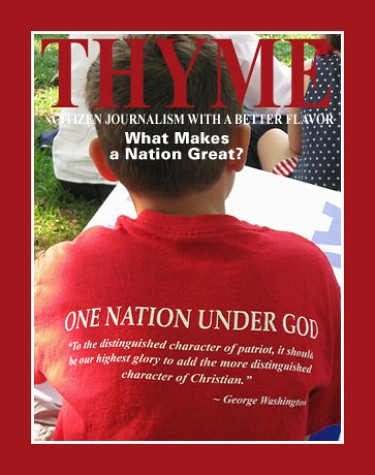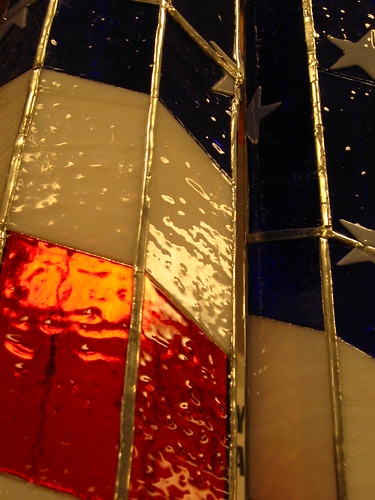
Mural at Staunton Alliance Church depicting the New Heaven and the New Earth as described in Isaiah 60 and Revelation.
Mural by Kristina Elaine Riley and Bob Kirchman
A Messianic Jewish Woman's Vision
"The flowers... they are enormous!" upon meeting a woman who'd had dreams of Heaven, I asked her to describe what she saw there."What did Heaven look like?" I wanted to hear her story. "Heaven is a lot like Earth... only BETTER. There are brilliant colors. The little children... they are closest to Jesus!
Her eyes twinkled like those of a child on Christmas morning as she proceeded to describe a world full of wonder! I just happened to meet her in our morning worship and we soon found ourselves deep in a discussion of our true Country!
Close to Jesus there are indescribable wonders. How poor the modern world is for its neglect of the wonders that await us in the hereafter.
A Little Boy's Vision
Later that evening, I caught up with some old friends who are missionaries to Nepal. Two years ago, the woman had traveled to a very poor village by the river. The only industry in the village was making gravel from river stones by hammering them. What she saw there broke her heart. Sitting on his front porch was a boy who's spine was so twisted that he was severely crippled, legs twisting into a useless position. His head was bent to the floor and was only able to breath with great effort. My missionary friend so wanted to reach out to him that she returned with another lady to share stories of Jesus with him.
Feeling she should share the joy of Heaven with the boy, she showed him large picture cards and described Heaven. Soon a group of children assembled. The boy's father was away working and his mother agreed to let them keep meeting there. As they returned week after week, their audience grew to about eighty children. Their families were Hindu, but their interest kept them returning.
Last year the little boy became very sick. He asked if the missionary lady would come and pray for him. He was struggling ever harder to breathe but he refused to go to the hospital until the lady came. As he was prayed for, he passed out from exhaustion. The doctors at the local hospital examined him and said there was nothing they could do for him. Perhaps a more advanced hospital might be able to help.
The boy insisted that he did not want to go to another hospital. He just wanted: "to go to Heaven with Jesus."
The next morning, in spite of the doctors' best efforts at both hospitals, the little boy did step into eternity with Jesus. His father, a Hindu, asked that the boy be given a Christian burial as he said that his son had indeed become a believer in Jesus. His friends and their families continue to meet in the village to hear stories of Jesus, but the group has outgrown the little porch. The boy's friends all joyfully proclaim that he is in Heaven. The boy's sister recently asked: "Can I go to Heaven too?"
[retold from 'The Most High G-d, Journeys of Triumph with Nanda & Lisa Giri in Nepal'].
